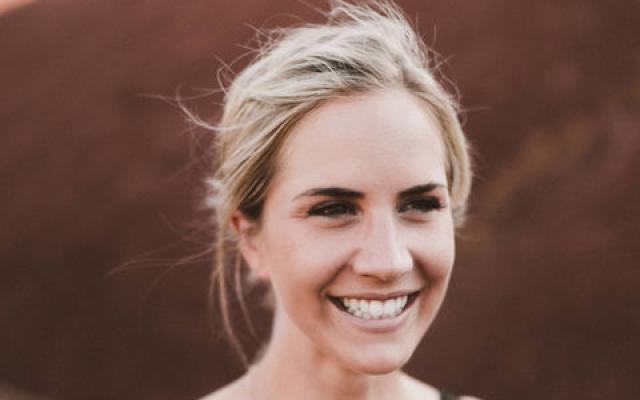
What happens when a technology designed to connect two systems—human body and prosthetic machine—opens up to a third system—a social world—full of sensory and relational intensities? Drawing upon two years of ethnographic fieldwork across clinical trial, laboratory, and home sites throughout Sweden, Middleton anchors this question in the lived experiences of the first six people to live with cutting-edge neuromusculoskeletal prosthetic limbs. In this talk, Middleton examines how patients’ homes, bodies, and sensory experiences become key, if not obfuscated, sites of science-in-the-making. Middleton will also address the role of anthropology and ethnography in humanistic design, specifically related to the development of medical and embodied technologies.
Alexandra Middleton (she/her) is a medical anthropologist whose research examines lived experiences of highly experimental science, embodied technologies, and homes as key sites of science-making. Her work integrates feminist studies of science and technology, embodiment studies, neuroscience, disability studies, sensory ethnography and design anthropology. Middleton’s first book project, The Connector, follows the first people to live with intimately integrated neuromusculoskeletal prosthetic limbs in Sweden. Her work has appeared in journals such as Frontiers in Neurorobotics, BioSocieties, and the Journal of Pain Research, and has been supported by the National Science Foundation, American-Scandinavian Foundation, the European Research Council, and Princeton’s Porter Ogden Jacobus Fellowship.
Middleton is currently a postdoctoral research fellow at Lund University in Sweden, where she also lectures in the Medical Humanities program at the Lund School of Medicine. Middleton received her PhD in Anthropology from Princeton University in 2021 and a BA in Cultural Anthropology, with studies in pre-medicine and neuroscience, from Duke University in 2013.
Who can attend?
Open to the public, the campus community, graduate students, undergraduates, postdocs, research scholars, faculty, staff, and alumni.